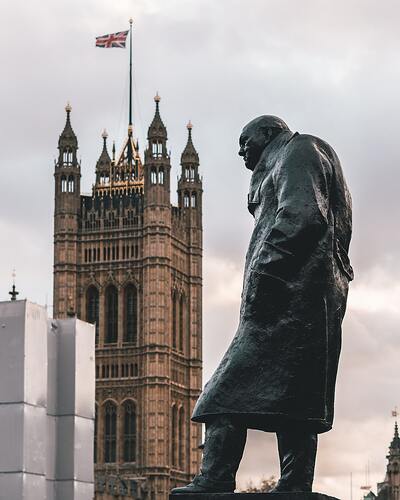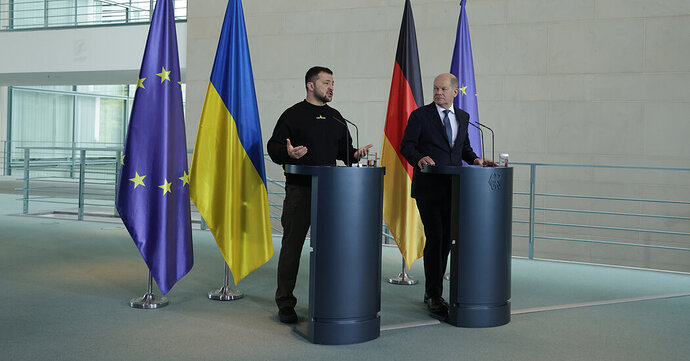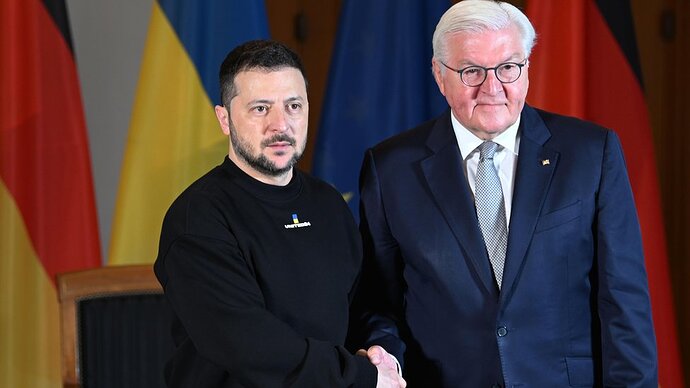Winston Churchill was a British politician, writer, and statesman who served as the Prime Minister of the United Kingdom twice (1940-1945 and 1951-1955). He is widely regarded as one of the most influential figures in modern British history, and he played a key role in the Allied victory during World War II.
Early Life and Education:
Churchill was born on November 30, 1874, in Blenheim Palace, Oxfordshire, England, to an aristocratic family. His father was Lord Randolph Churchill, a prominent Conservative politician, and his mother was Jennie Jerome, an American socialite. Churchill spent much of his childhood in the care of his nanny Elizabeth Ann Everest, who was a significant influence on his early life.
Churchill was educated at Harrow School and later attended the Royal Military College at Sandhurst. He graduated in 1894 and was commissioned as a second lieutenant in the 4th Queen’s Own Hussars. During his time in the army, Churchill served in India, Sudan, and South Africa.
Early Political Career:
Churchill’s political career began in 1900 when he was elected to the British Parliament as a Conservative Party member. However, he switched to the Liberal Party in 1904 and rose to prominence as the President of the Board of Trade in 1908. In this position, Churchill introduced several progressive reforms, including minimum wage laws and the establishment of labor exchanges.
During World War I, Churchill served as the First Lord of the Admiralty (the civilian head of the Royal Navy). He was responsible for the disastrous Gallipoli campaign in 1915, which cost the lives of thousands of Allied soldiers and damaged Churchill’s reputation.
Political Wilderness:
After World War I, Churchill’s political career went into decline. He lost his seat in Parliament in 1922 and spent much of the next decade in the political wilderness. However, he continued to write and give speeches, and he became an influential critic of the government’s appeasement policy toward Nazi Germany.
World War II:
In 1939, as war loomed, Churchill was appointed First Lord of the Admiralty once again. When the war began in September of that year, he became a vocal critic of the government’s conduct and called for more aggressive action against Germany. In May 1940, as Britain faced the possibility of invasion, Churchill was appointed Prime Minister.
Churchill’s leadership during World War II was renowned for his stirring speeches and his willingness to take bold action. He was a key figure in the Grand Alliance of the United States, the Soviet Union, and the United Kingdom, and he played a crucial role in the planning and execution of the D-Day landings in 1944.
Post-War Career:
After the war, Churchill’s political career continued to thrive. He was re-elected as Prime Minister in 1951 and served until 1955. During this period, he presided over significant domestic reforms, including the creation of the National Health Service.
Churchill retired from politics in 1955 but remained an influential figure in public life until his death in 1965. He wrote several books, including his memoirs, and remained a vocal advocate for Western values and the power of democracy.
Legacy:
Winston Churchill is widely regarded as one of the most important figures in modern British history. He is remembered for his leadership during World War II, his stirring speeches, and his unwavering commitment to democratic values. In 2002, he was named the Greatest Briton of All Time in a public poll conducted by the BBC.
Churchill’s legacy extends far beyond Britain, however. His leadership during World War II helped to shape the course of world history, and his fierce opposition to Nazi Germany remains an inspiration to people around the globe. Even today, Winston Churchill is remembered as a giant of the 20th century, whose influence and impact will be felt for generations to come.
Disclaimer
6do Encyclopedia represents the inaugural AI-driven knowledge repository, and we cordially invite all community users to collaborate and contribute to the enhancement of its accuracy and completeness.
Should you identify any inaccuracies or discrepancies, we respectfully request that you promptly bring these to our attention. Furthermore, you are encouraged to engage in dialogue with the 6do AI chatbot for clarifications.
Please be advised that when utilizing the resources provided by 6do Encyclopedia, users must exercise due care and diligence with respect to the information contained therein. We expressly disclaim any and all legal liabilities arising from the use of such content.











